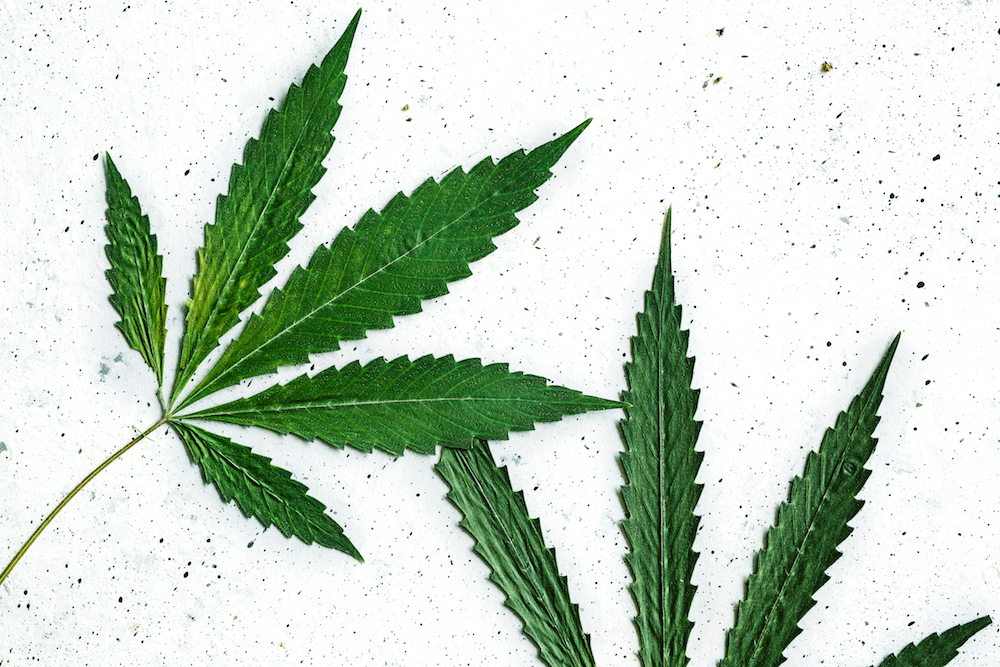
CBD has been getting ALL the media attention recently, and with good reason (CBD has been used for centuries to successfully provide pain relief and to aid skin conditions), but in my plentiful research around CBD one thing is for SURE - not all CBD is created equal.
CBD can be extracted from two different Cannabis sativa plants that part of the same family. Hemp and Cannabis. So what's the difference and how does it affect the CBD we consume?
Hemp:
Hemp plants are low-resin pants, meaning they do not produce the sticky substance usually present in the cannabis that is often smoked. The hemp plant contains CBD but naturally very low amounts of THC (less than 0.3%).
Industrial hemp is grown to make fibre, paper, clothes and food. From an environmental standpoint, hemp typically produces less CBD during the extraction process than its cannabis counterpart, meaning more plants are required to produce CBD products.
NB: Hemp-derived CBD and Hemp Oil are NOT the same thing. That's a whole other blog post.
Cannabis:
A sticky resin is formed in the buds and flowers of the female cannabis plant which contains both THC (recap: the stuff that gets you high) and potent CBD. This means that the plant has a wider range of intoxicating and medicinal uses.
Cannabis is more CBD-rich than it's hemp counterpart, which means legalising cannabis for CBD extraction would be easier on the ecosystem and produce less waste. Shoutout to Canada and some states of America for legalising it!
Is there a therapeutic difference?
On a molecular level CBD is CBD, regardless of source. Most CBD oils on the market are labelled 'full-spectrum extracts'. This means they contain CBD along with a range of other cannabinoids and terpenes found in the Cannabis Sativa plant. You won’t get high off of CBD products from either source as neither should contain more than 0.3% of THC.
It's the other things that come with your CBD oil that make hemp-based CBD oil quite different from
The hemp plant itself is not used for its medicinal benefits, whereas the cannabis plant has been used for centuries in that way. Armed with that knowledge, I know which CBD products I will be investing in for general wellbeing.
Is any of it legal?
The 2019 Farm Bill in the US made it legal to sell and consume industrial hemp-derived CBD products grown in the US and overseas. However, this does NOT cover CBD derived from the cannabis plant grown for consumption - even if the THC is removed. CBD derived from high-THC plants is a very grey area, even in the states where the substance itself is legal.
CONFUSED? Same. It's a mind
Want more? Here's my recommended canna-reading list:
CBD: A Patient's Guide to Medicinal Cannabis--Healing without the High
Cannabis And Cbd For Health And Wellness

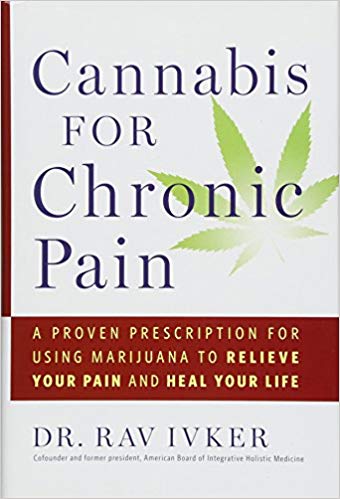
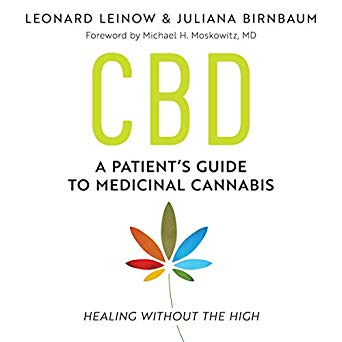
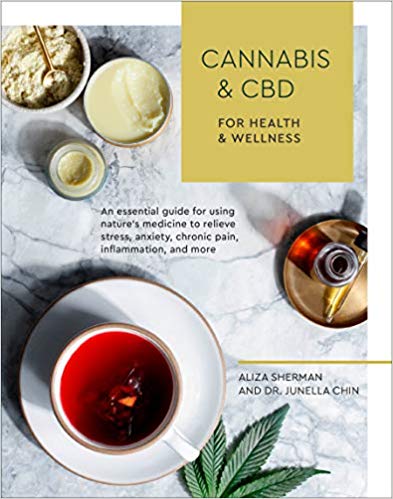
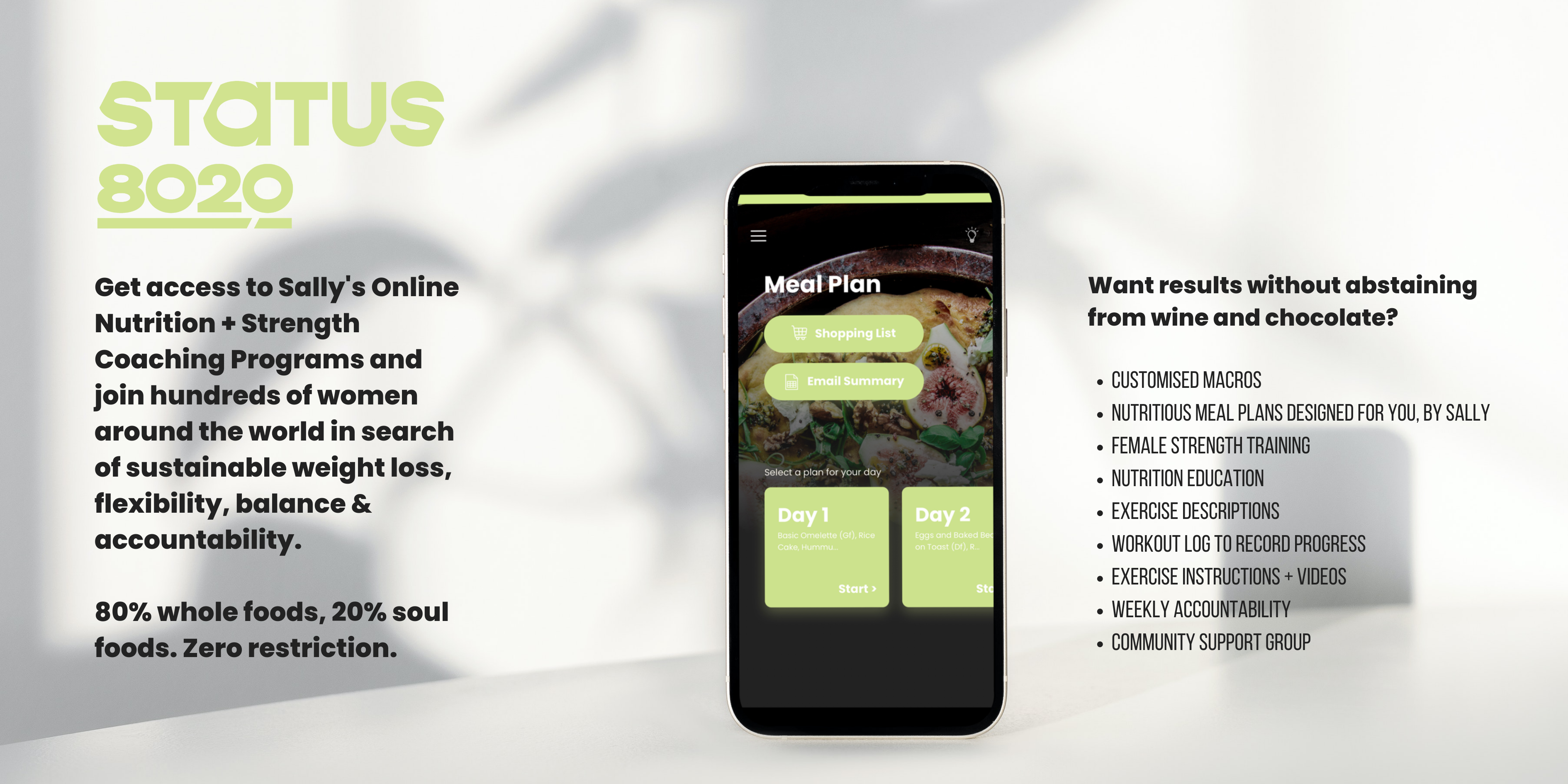
I was confused about difference between them two, thanks for this informative article. I am cleared with same now. 🙂
Here in Holland CBD can be puchased in almost every drugstore. People really have benefits. Off course THC is a different thing, but also that van be purchased here 😉 haha
Thanks for sharing this article to clear out our confusion and bring some clarity.